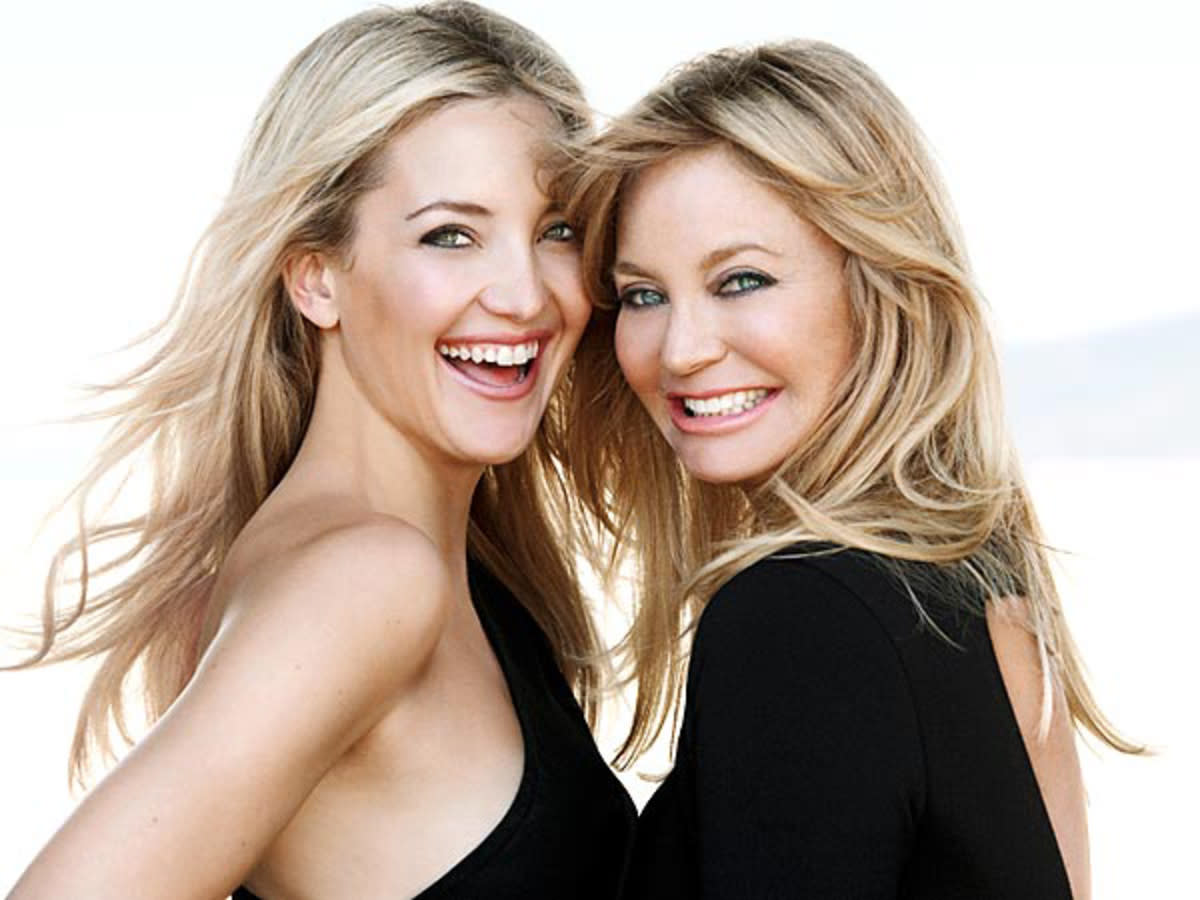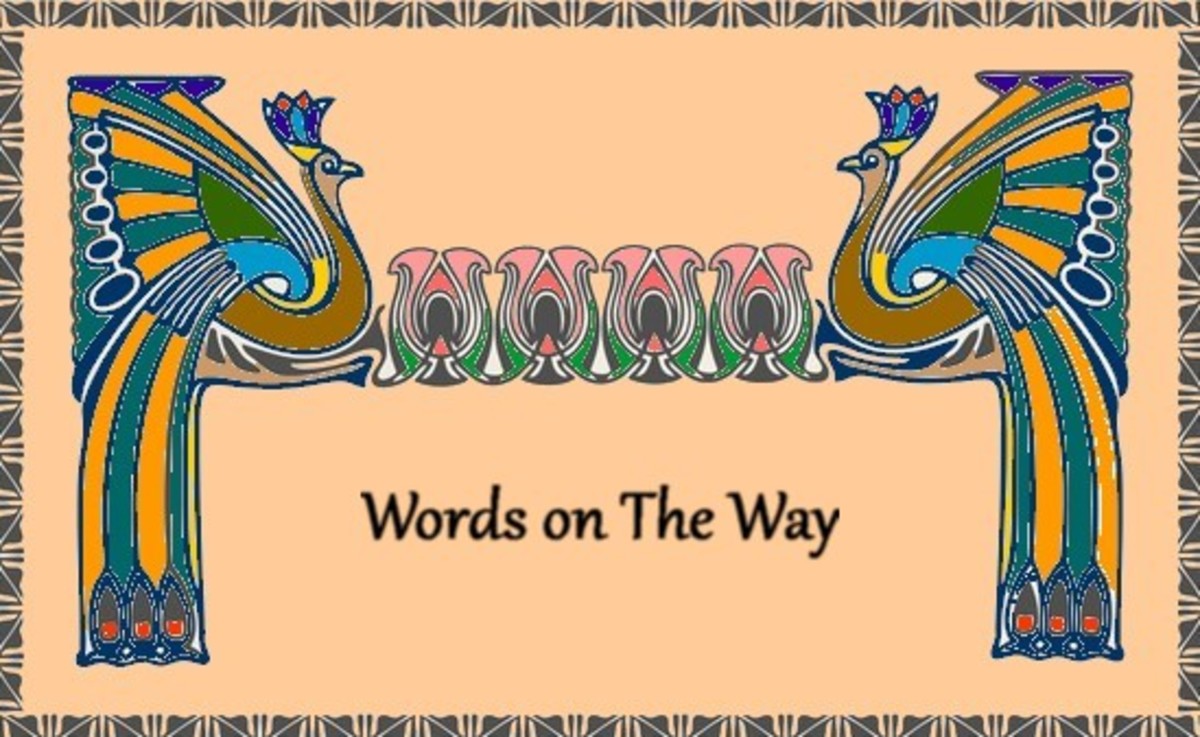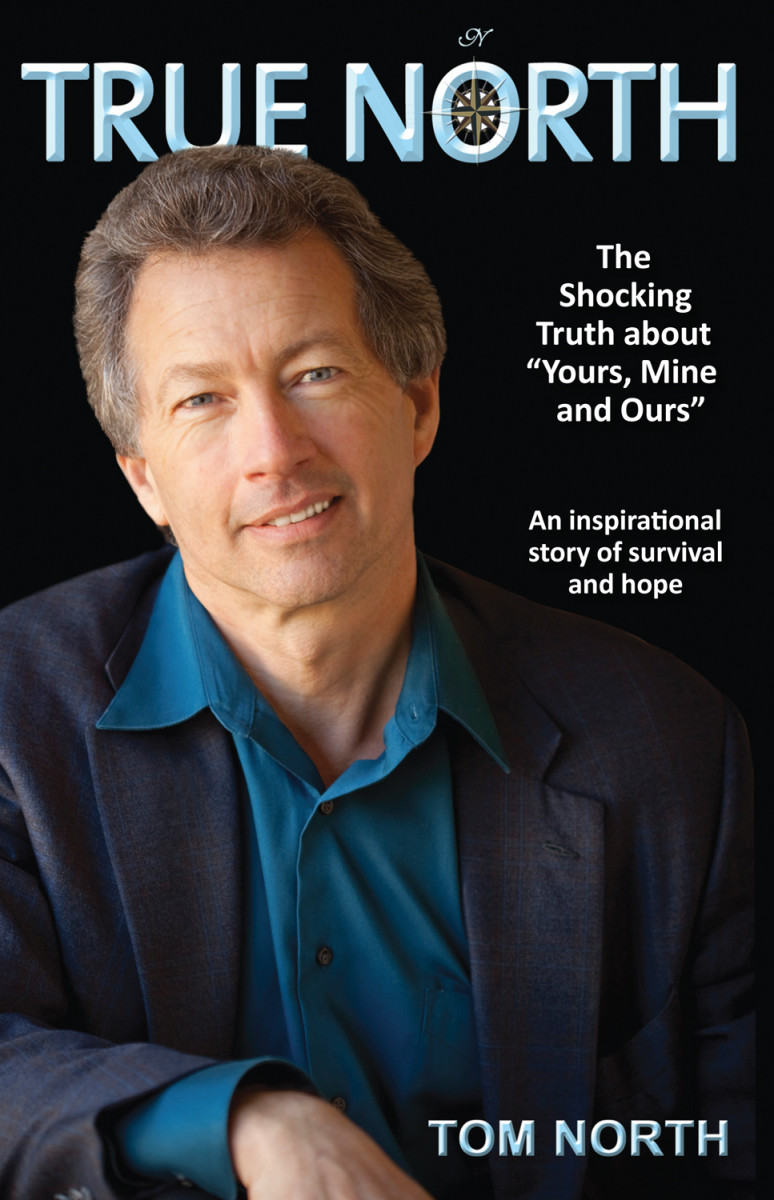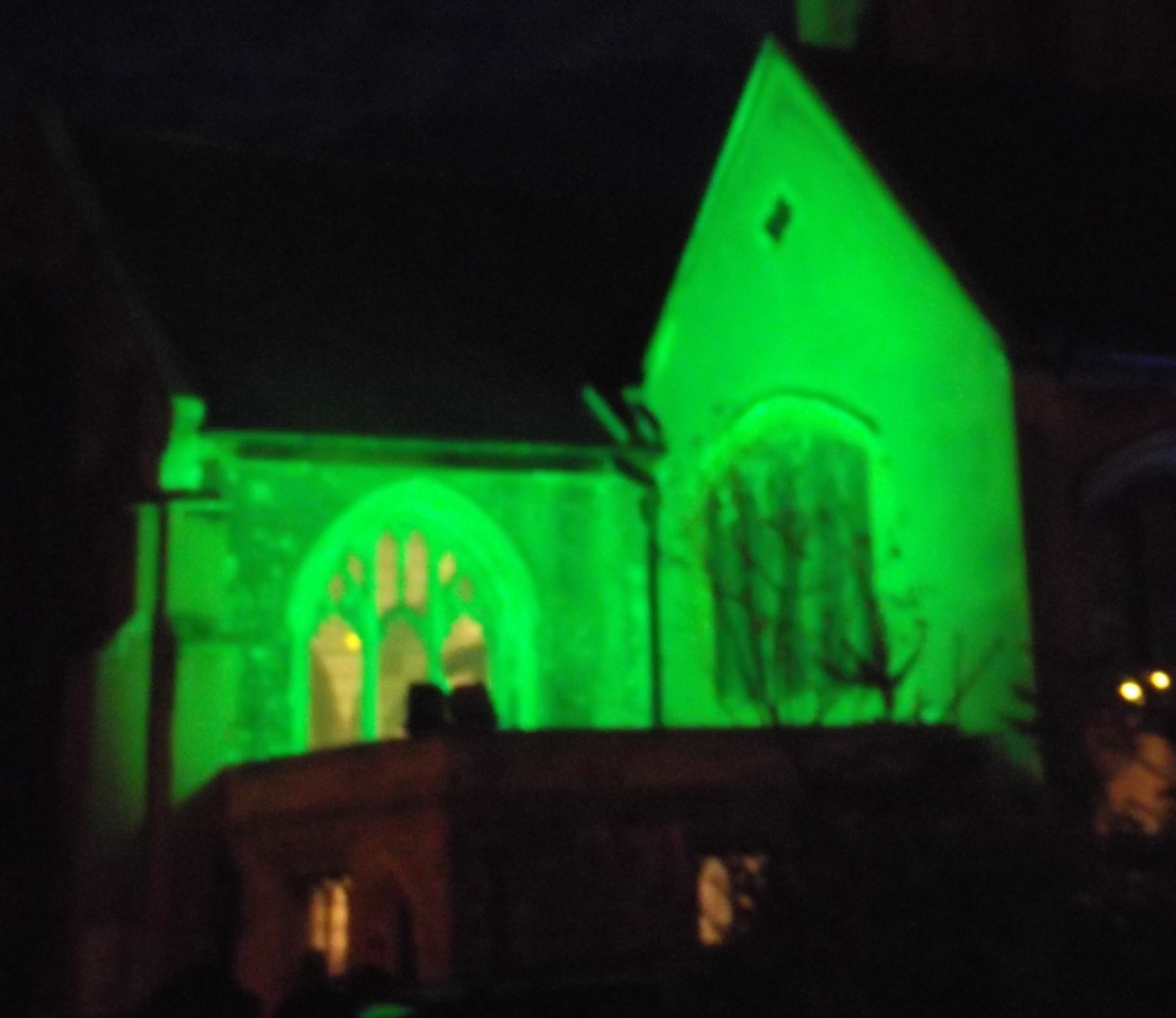Wayne Rowe Interview: Author, "Zen and the Magic of Photography"
Dr. Rowe

Teaching Photography and Learning Zen
Get into the moment! Experience the enlightenment of becoming one with the camera, the lens, and your subject. Dr. Wayne Rowe of Cal. State Poly in Pomona knows you can. How does he know? He's taught many people over the years just that. He talks of his passionate belief that people can wake up to the world around them and get more out of life by learning how to see, and they can do that by getting into the moment. He believes his book, Zen and the Magic of Photography, can do that for them. He tells us about his teaching philosophy, his equipment, using PhotoShop, and of course his connection of zen with photography. He enjoys travel photography and loves to visit Europe. I caught up with him in California last week and spoke with him by phone for this interview.
Tell us about your career in photography, and the chronology of photographer becoming a college professor:A. I started first in teaching back in the early sixties. Then in 1967 I got a break to illustrate some textbooks for Harper & Row. That started my professional career. It was photos for texts. I did a lot of travel and did travel photography. I traveled to France and continued doing text books for high school and college. Then another break, I started working for Architecutral Digest, shooting editorial and projects, studio work for the magazine. I branched into work for other magazines and travel, which I love. In 1974 I started teaching photography in the Cal St University system. I've been doing both, teaching and photography. Then for a period I got out of teaching but I've always kept the two going. It's great to have that variety! I've never found a conflict. I can bring my work in to help the students, to share things with them. I try to be very open, giving them everything I've got. Whatever I've learned, I want to share with them. I don't want to keep any secrets. I didn't plan it this way, it just developed. A break comes along and you happen to be there.
Purchase these related books!

You'd been into photography for a number of years before you made a conscious connection with zen. What attracted you to zen?A. When I was in college I got attracted to this idea of zen. 'Cause you're under pressure and I was always kinda postponing living. I've got all these things I've gotta get done and they kept piling up on me and I said, "Well, when I graduate, I can live." No, then you have other problems and you keep putting off enjoying life. So, then, when I stumbled on it in college, and I started reading about it, "Wow", was that attractive! I'm getting into the moment and "living". So, I was attracted to zen in college but I never was really able to get into it . I read about it and had conceptual, intellectual knowledge about it but that's not enough. It's a little like jazz. You can know all the history of jazz and how it's constructed, but there's the other side, the listening and appreciating. I had done a lot of research on zen and I tried to get into it, but I just couldn't do it. It was always in the back of my mind, then as I got deeper into photography, it was at Cal Poly in Pomona, I did an article, I think it was in 2000-01 I put my thoughts about zen and the "art" of photography as I put it at that time. And it kinda came together. I had met Lucien Clerque, the French photographer, and I did an article on him. He produced a wordless doctoral dissertation in France. No words, it was his photos. Lucien was influenced by Roland Barthes (and Barthes is in my book) - he's the one that mentions studium and punctum. Where I talk about what a photo's got to contain. How a photo can provoke satori, the moment of enlightenment. That, I found in Barthes' book, which I got into because of Lucien's dissertation, and Barthes was his director. It's the only time in France that they've ever given a doctor's degree without words. It's based on his photos! That kind of opened up some ideas linking haiku, satori, and photography. That started it percolating again.
You mentioned earlier that you'd read a good bit about zen. Is there a particular book to which you can point as having a significant influence?A. There are several. A great one that had a big influence on me was Eugen Herrigel. He was a German professor and taught at Heidelberg in Germany. He wrote a book called, Zen in the Art of Archery. It's a short book about his experience and how he came to get into the moment to have this zen and satori experience, through archery. He learned archery with a zen master. That taught him zen. There are different ways of getting into what zen is. There have been books written about zen and tennis and martial arts; it's all going into the intuitive side.
How deeply are you into zen?A.What zen is to me, it's not a religion. It's more of an orientation. Zen, to me, is experiencing intuitive contact with reality. That's what it is for me. The idea of getting into the moment, having signficant intuitions into reality -- a little bit like you say on your website, "finding the extraordinary in the ordinary". Experiencing the "isness" of things.
Did you pick up on my reference to being "in the moment" in my review of your book when I recommended it?A. I sure did! I thought that was great! I thought you captured the spirit of what I was trying to get across. [He quotes my comment about photographers using zen in their work "more often and on purpose" from the review.] In other words, they don't have to wait until they have this realization that I had, they can be into it consciously themselves and then it becomes more intuitive.
What are you thoughts on "self-actualization"?A. Realizing your full potential. Being the best you can be. When you reach a point where there's no difference in who you are and what you're doing. That's it. That is the zen type of thing where the moment, the camera, the subject all becomes one thing and you don't break it up. In that sense, it's a little bit like what Herrigel is saying, the archer, the bow, the arrow, the target, they're all one -- there's no separation. So you're doing what you want to do and realizing your full potential. My book is written to help people improve their visual awareness, intuition, and sensitivity. In other words, to get more out of life. That's always been my attitude towards photography when I teach a photo class. It's to get students to learn to see more, to be more, and get more out of their living. And if they never pick up a camera again, it doesn't matter. But if they carry that with them, they are more open to things around them, they really start feeling, whether they record it or not on a camera. They are into being and they're into seeing. So for me, photography is the path and the way I can self-actualize or be the best I can be. I learned it through photography and for me, the two (zen and self-actualization) are the same. In teaching photography I try to get across the oneness of this whole thing with what I'm doing and try to get to the students what photography offers to them as a life orientation. I want it to be something that's not just F-stops and shutterspeeds and mechanical camera, and then when they graduate that's it. The whole idea for me in photography is to improve their lives. How do you do that? Help them learn how to see, and then through seeing, they can learn to be. Once you're into seeing and they're into the moment, you'll become and be the best you can be -- that's self-actualization through the mix of photography and zen.
Do you have a book recommendation regarding zen?A.Eugen Herrigel, Zen in the Art of Archery; Roland Barthes, Camera Lucida: Reflections on Photography; John R. Stilgoe, Outside Lies Magic: Regaining History and Awareness in Everyday Places -- these all represent examples of being "in the moment".
"Shadow of a Gondolier,1955" Ernst Haas

Which photographers have influenced you the most?A. Ernst Haas There are many images of his that I love, but the single most inspiring photo of his is "Shadow of a Gondolier,1955 ", it's satori.
What equipment is in your camera bag? Canon? Nikon? A. When I was shooting film, I was exclusively into Nikon, which I love. I was waiting on the quality of digital to approach that of film. I shot a lot of Kodachrome. Those were hard to match. So I waited, but Nikon was slow and didn't do it. I was attracted to Canon. My first digital camera with Canon was the EOS 1DF Mark II. It had 16.7 megapixels. I loved that camera, it was really wonderful and to me, it [the photos] looked like film. Then I got the 5D Mark II. It was lighter, more megapixels, faster processor, and so on. So I enjoy Canon. Now Nikon has caught up and now they're the two big companies. I started out with prime lenses back in the 50's and I got zooms when they became good. And then with digital I started with zooms and then decided, "No, I'm going back to prime, because I like the speed. One of my favorites is the Canon 50 mm 1.2, beautiful lens, very fast. So, I go for the prime lens, the fastest ones I can get. The prime lenses are sharp and fast -- thats what I like in these lenses. I like Gitzo tripods and I haven't used ball heads much. I use Bogan tripods and I have some Manfrotto stands, too. One of my favorites is the Gitzo carbon fiber because it's light weight and very strong.
Have you done any work with a field camera?A. Yes, I shot 4 X 5. I also at one time had a Linhof Master Technika, a beautiful field camera, folding. Beautiful. It was a little bit like a Speed Graphic, size wise. I used that a lot for studio work. That was quite good. And then I worked a regular 4 X 5 field camera, and also 2.25. So I've shot these different formats. I guess my favorite though is really 35 mm.
What is your position on image editing/altering, post processing?A. I love PhotoShop. I teach PhotoShop, also. It's exciting, I love it. It expands your possibilities in photography. I'm going to start getting into LightRoom, soon. Hmmm....editing and altering, I use PhotoShop in my own work for levels, saturation, curves, burning, dodging, sharpening. That type of thing. Trying to get back to what I saw. The way the image appeared to me. The truth of what I'm seeing. I like to crop before you shoot. Try to make the image as perfect as possible in the camera, so you have a minimum of things to do afterwards, in post processing -- editing. If you're shooting huge amounts of images [like 15,000 a year] then LightRoom might be the way to go, because it deals with massive amounts of images and really streamlines your work flow.
What about HDR(high dynamic range) software?A. I haven't done it. I know what it is. I used masks and can bring out shadows, bring down high lites, much the same way HDR works and do it with one shot [rather than combining bracketed shots]. I have used panoramics and that is amazing! Where you do a 180 degree sweep, with overlapping shots and PhotoShop will put them all together; it's all automatic.
Do you have plans for a website soon?A. I haven't really. I have some friends that are website builders, but I just haven't done it.
What do you advise your students in regard to selling their work, online and in person?A. I have students that have their own websites. They set them up and they use Facebook and Twitter and all this stuff to try and get hits on their site and just try to get known that way. There's a lot of competition out there and professionals are competing with amateurs who have gotten great shots and then sell them to stock agencies. There's a huge amount of competition out there. What I advise my students to do is get as much knowledge as they can, try to immerse yourself in this. It's a lifetime learning process. I'm always learning new things about photography. You're never at the top. If you think you're at the top, you're finished! You've always got to be open to knowledge and learning, and then you have something. Just follow your own vision. You're not Ansel Adams, or Edward Weston or anybody else. You're yourself and you've got to do your best and if you have something that connects with people and you submit your work out there, and if they see it, you get a chance. It's very tough out there in that world. I know from Lucien Clerque, he does gallery and fine art stuff. It's just murderous, getting established, to sell to collectors, it's just so tough. He's a good businessman, too. And that's another side that enters into this, the business side. A lot of your really top photographers are also good business people.
Do you recommend any particular professional associations?A. I was in ASMP but dropped out. Now I've been in the National Press Photographers Association for over twenty years. They're in North Carolina. That's a photo journalist/news reporters organization. I've always been interested in the associated concerns of news photographers and rights of photographers and freedom of the press. So by belonging, I see the latest work of field photographers and the problems that come up when they are harassed, or their cameras destroyed or whatever comes up. It's a good organization.
Do you follow the politics of professional photography?A. I do in the sense of a photographers rights to take pictures, copyrights, and the right of photographers to point their cameras at different things. Such issues as architectural copyrights; it's very bad on photography when you can't take a photo of a building, freedom of expression. I want it to be as open as possible for people to chose subjects. I think that the copyright should always belong to the photographer. I'm for the maximum protection for the ownership of the photo for the photographer.
Where can our readers see and buy your art?A. Very simple! Zen and the Magic of Photography. In this book, I tried to put in some of my zen experiences, moments of satori, things that I connected with, "in the moment" kinds of photos.
"Boats" Marais Poitevin, France; Copyright Wayne Rowe

If you could only pick one - and I'm sure you have many - which one photograph would you choose to represent your zen/photography experience?A. My favorite, the one I think I like the best, is the first one in Part Three(of the book), Boats. I've always loved the colors, the blue and the greens; then the way the boats were arranged, the asymetrical composition. The way I got that, I was walking on a little bridge over a canal [similar to the ones in Venice]. I looked down and I saw this. I took maybe two or three photos(with KodaChrome 25) and all of a sudden, the wind came up and blew the boats out of composition, and it was gone.
Final thoughts for us to remember....A. There is undoubtedly a spiritual side to photography and that's what I found connecting in photography and zen in the same way. Capturing the spirit of the moment, it's all tied together. You can become what you're photographing. Follow your feelings, your intuition, open yourself to feelings. What draws you to a particular subject? People can wake up to the world around them and get more out of life by learning how to see, and they can do that by getting into the moment. I hope this book does that for them.








